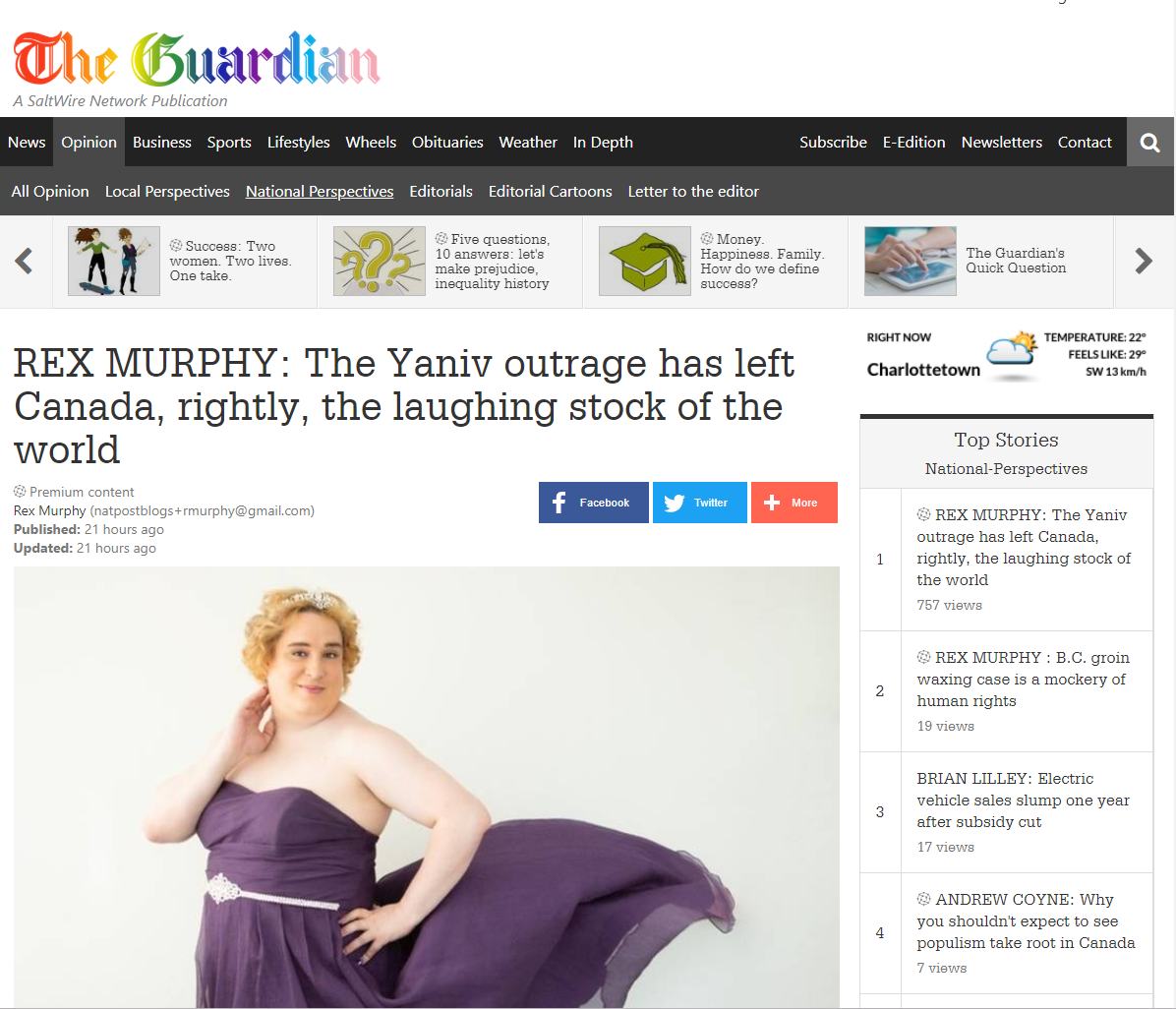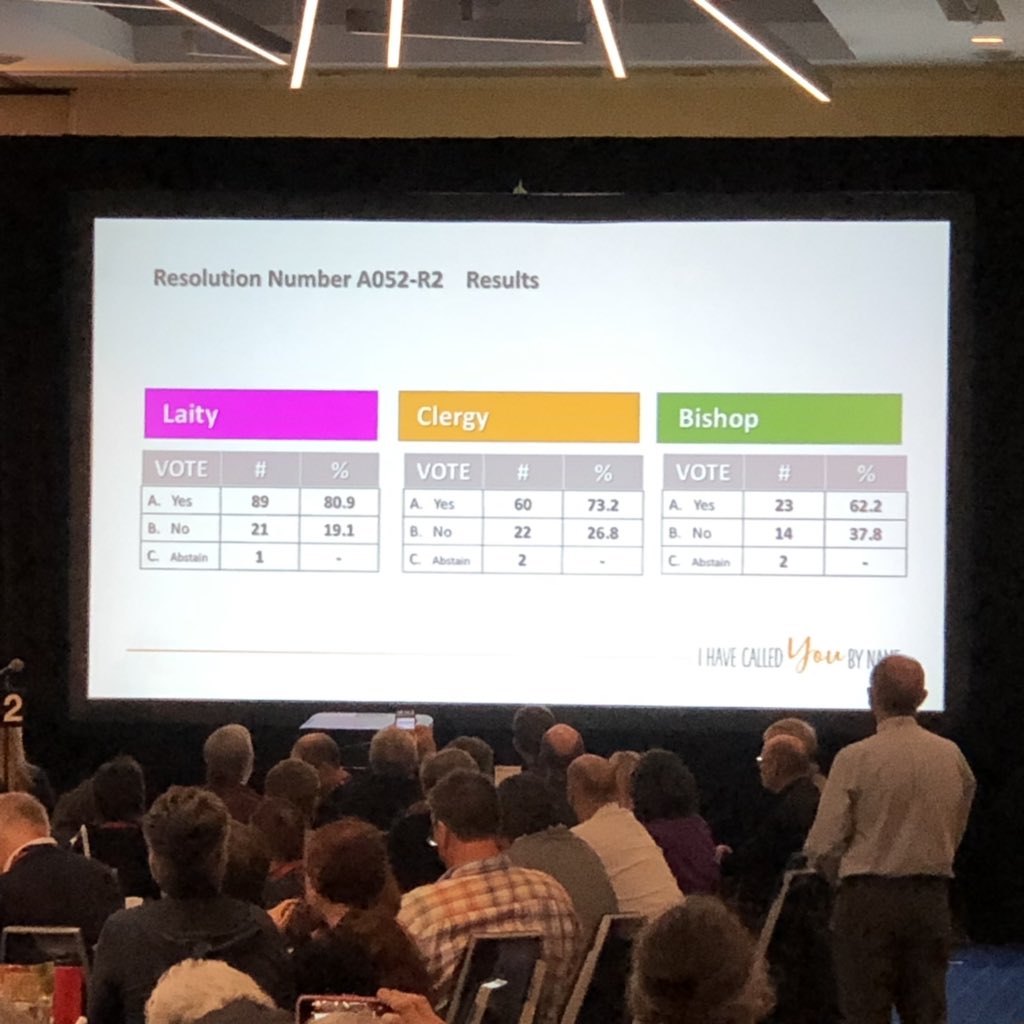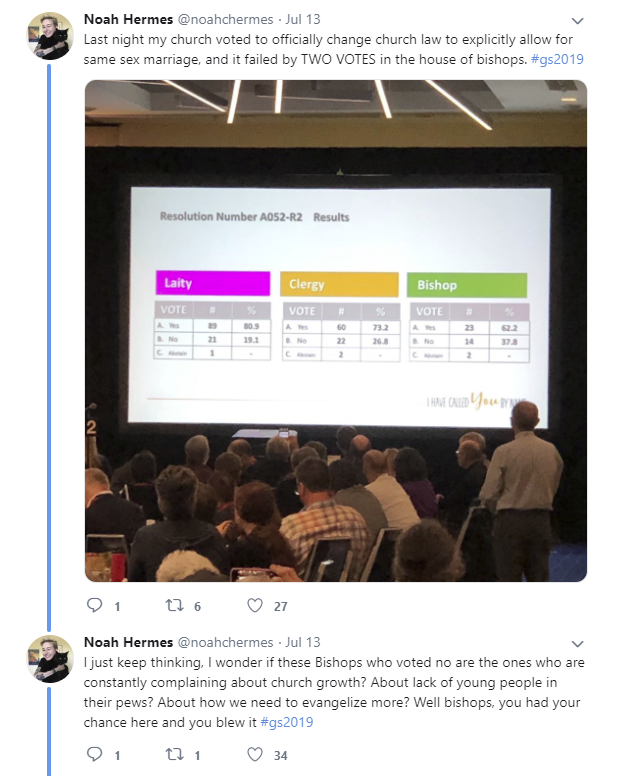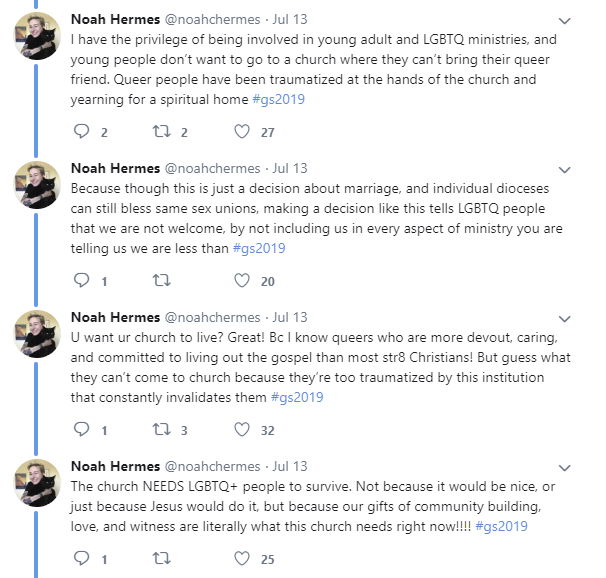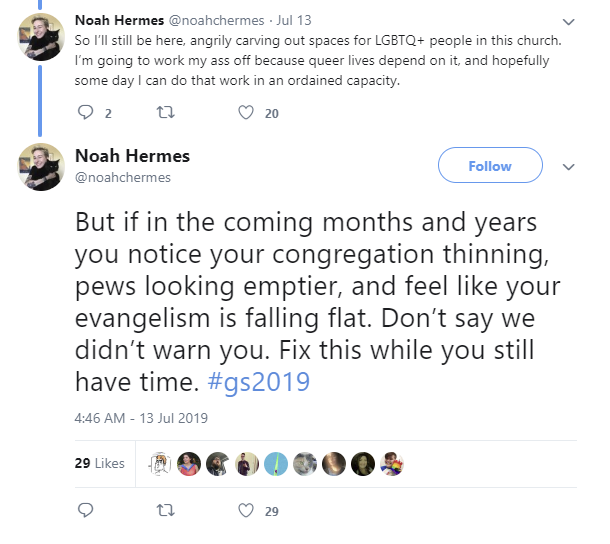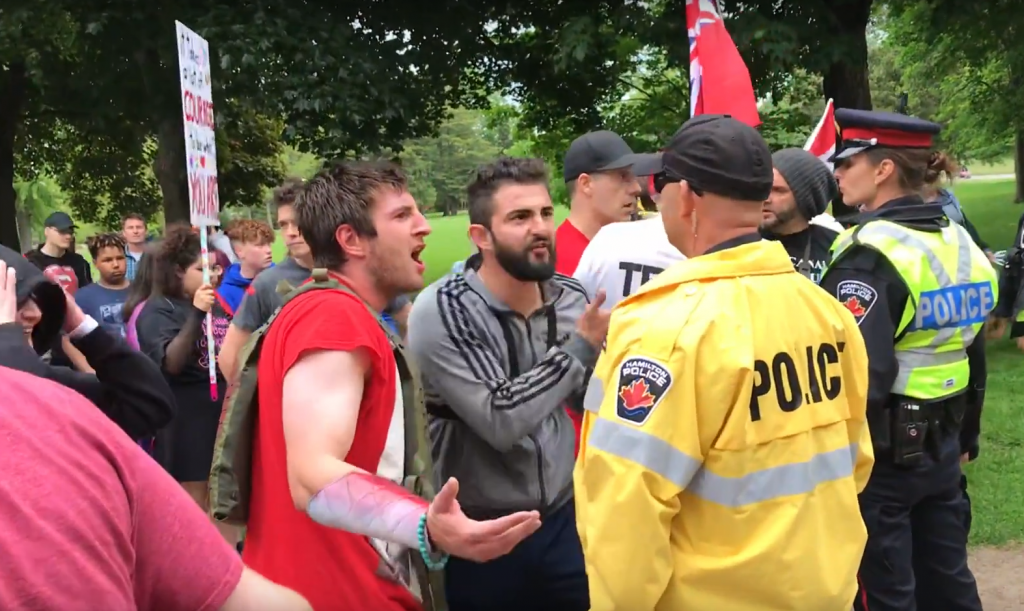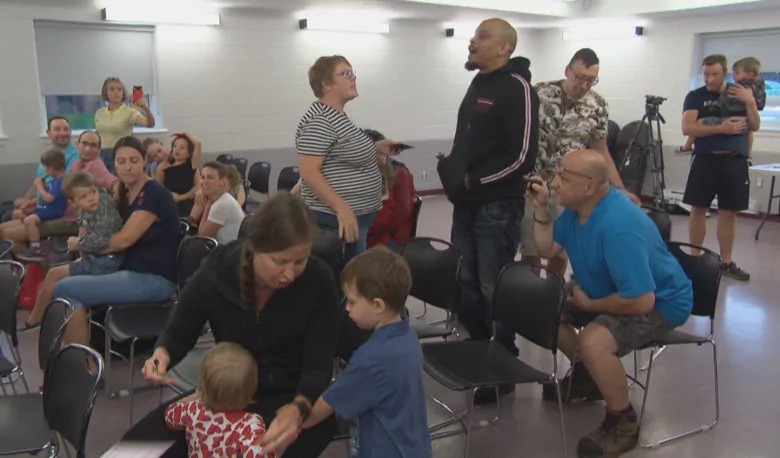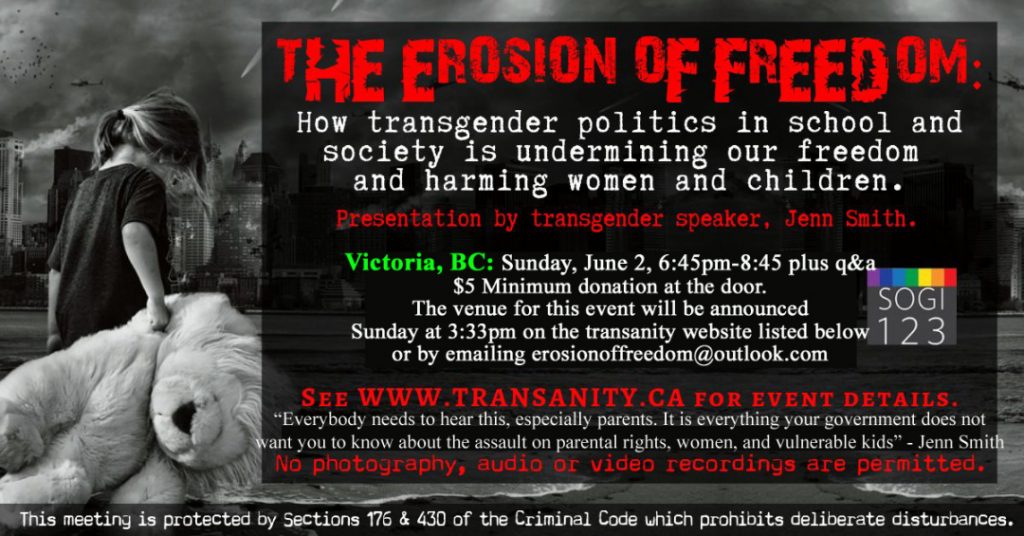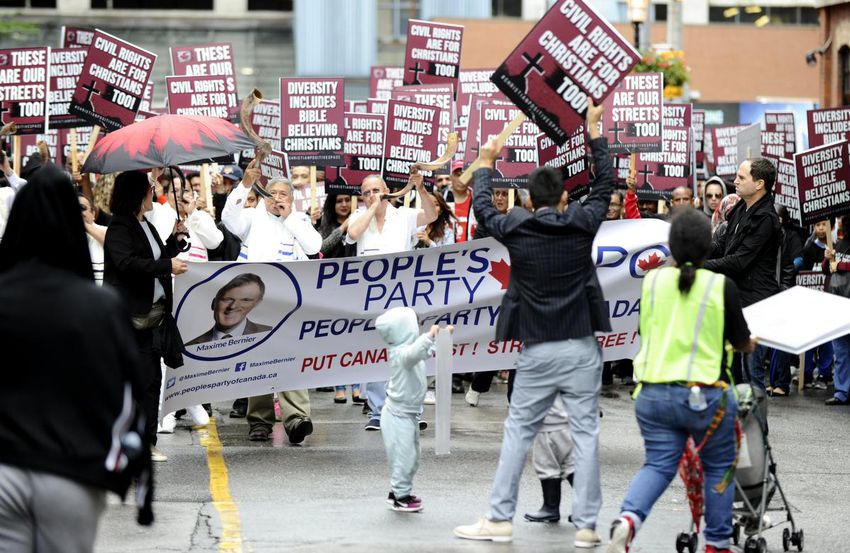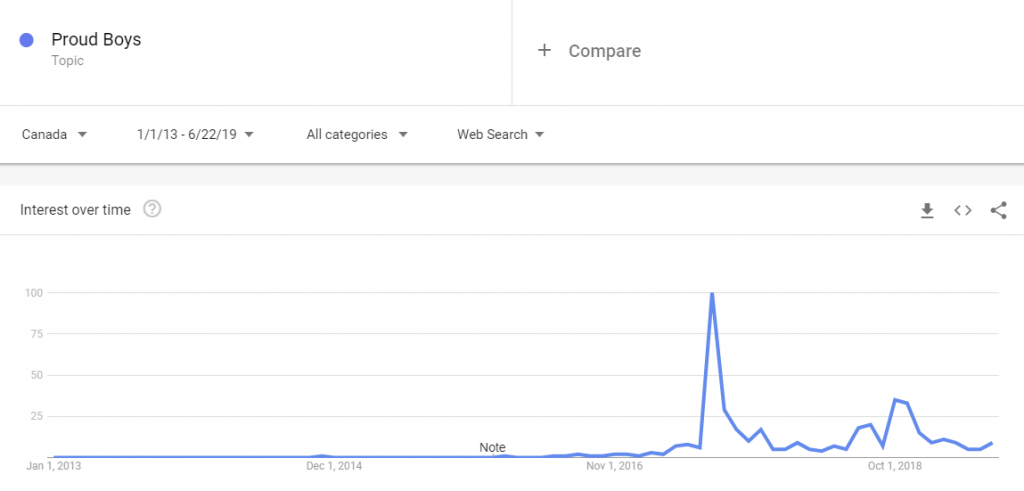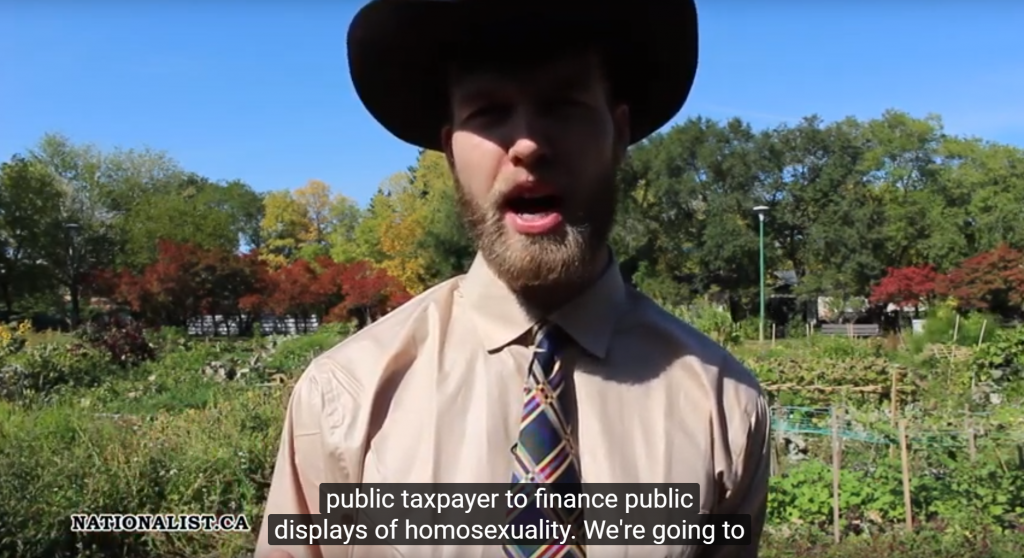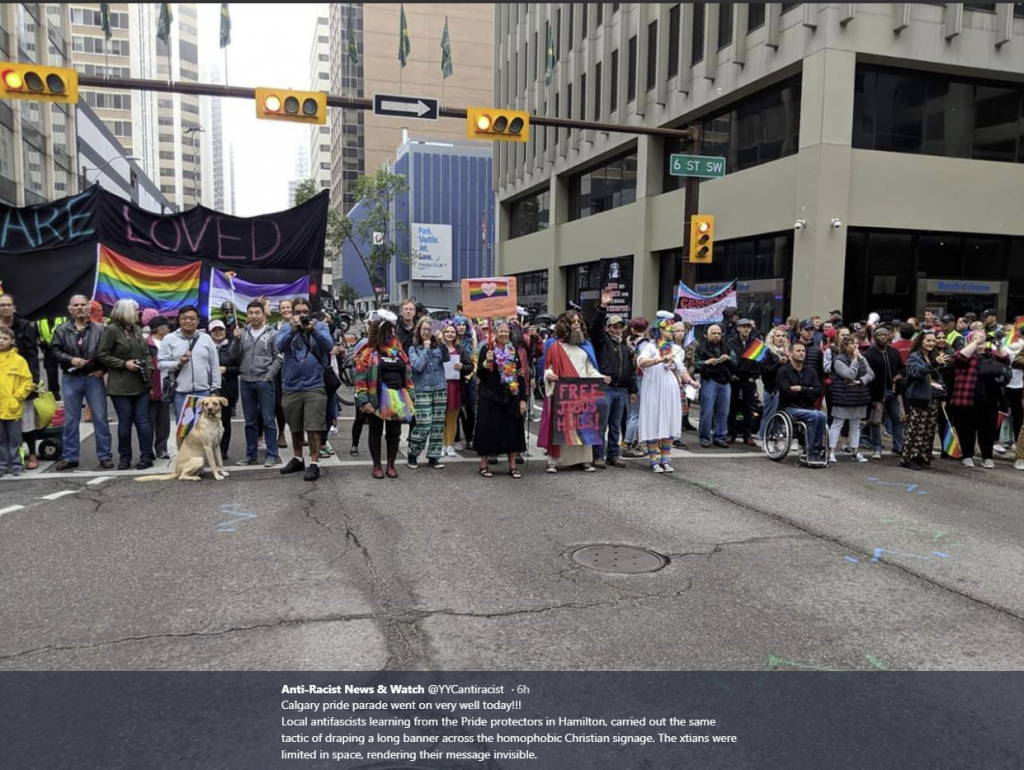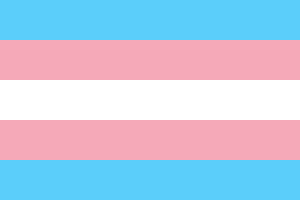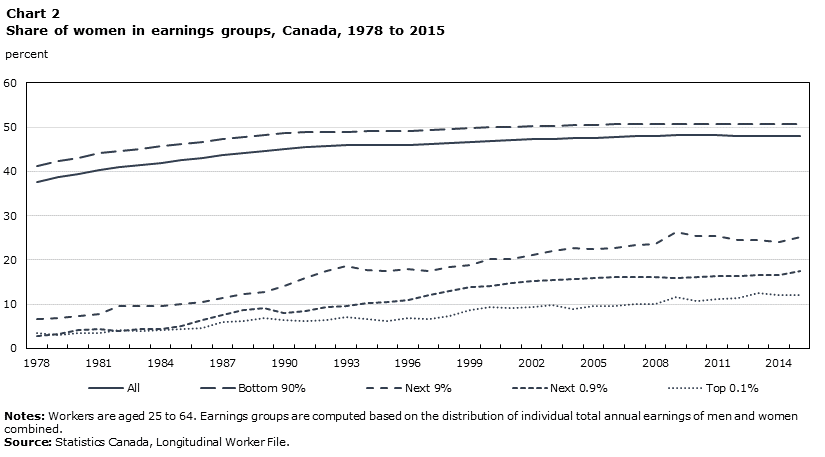Jessica Yaniv was refused service at over a dozen beauty salons in B.C. because she is trans:
[Yaniv] says many of the estheticians advertised themselves as offering arm, leg, and pubic hair waxing for either male or female customers.
However, when Yaniv informed them she was transgender she says she was suddenly refused appointments outright, or that the estheticians made excuses for no longer being able to perform the service.
Her stories of discrimination at the hands of estheticians would be familiar to any trans woman who has been out for a while. What sets Yaniv apart is that she challenged these wrongs and went before the B.C. Human Rights Tribunal.
This put her in the cross-hairs of Canadian media.
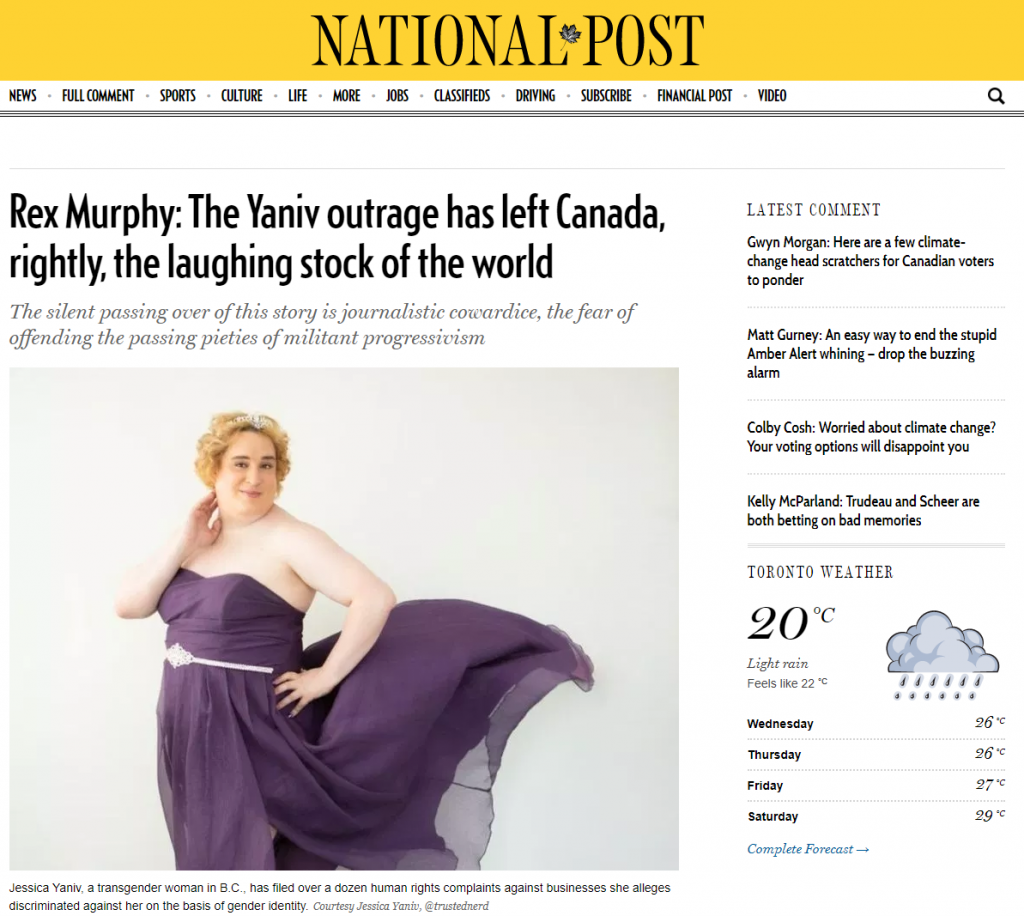
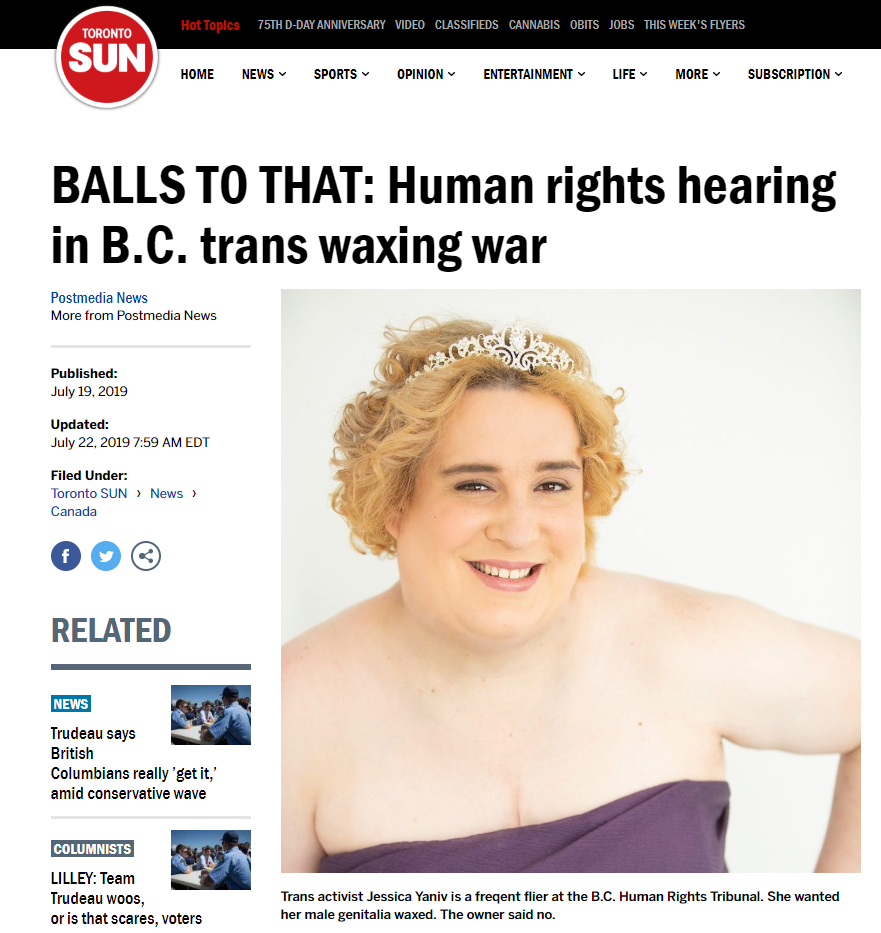
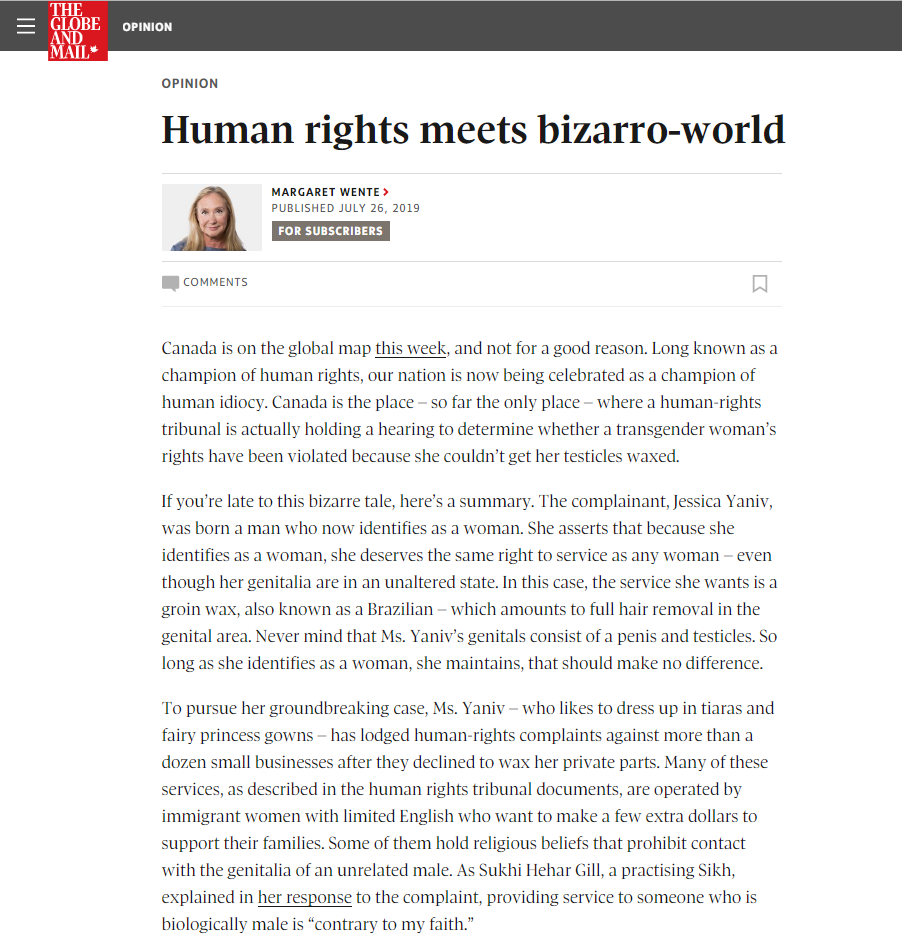
The language used by The National Post, The Globe and Mail, and the Sun about Yaniv have themes familiar to trans people: mockery, derision, and focus on genitalia. “Bizarro” declares the Globe and Mail, “laughing stock” says the National Post, “balls to that” headlines the Sun with its genitalia pun.
These news organisations abdicated their responsibility to give a measured analysis and chose to describe a living person with cruel and dehumanizing language. Their staff encouraged readers to ridicule and shame Jessica Yaniv.
The insensitive coverage spread internationally. Britain’s The Guardian, ironically with its Pride-themed logo, posted a copy of the “laughing stock” article. Australia’s Daily Telegraph published an unflattering editorial cartoon of Yaniv. The American Federalist called Yaniv a man, a familiar refrain to trans women.
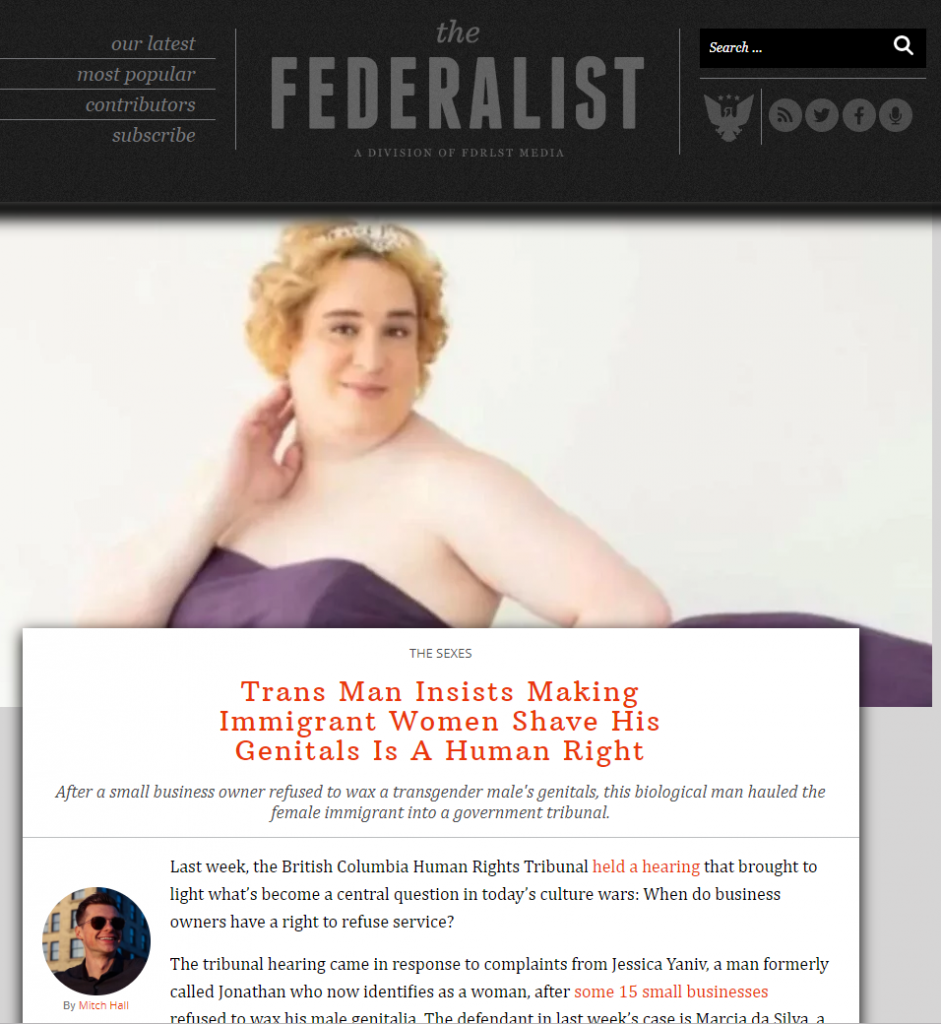
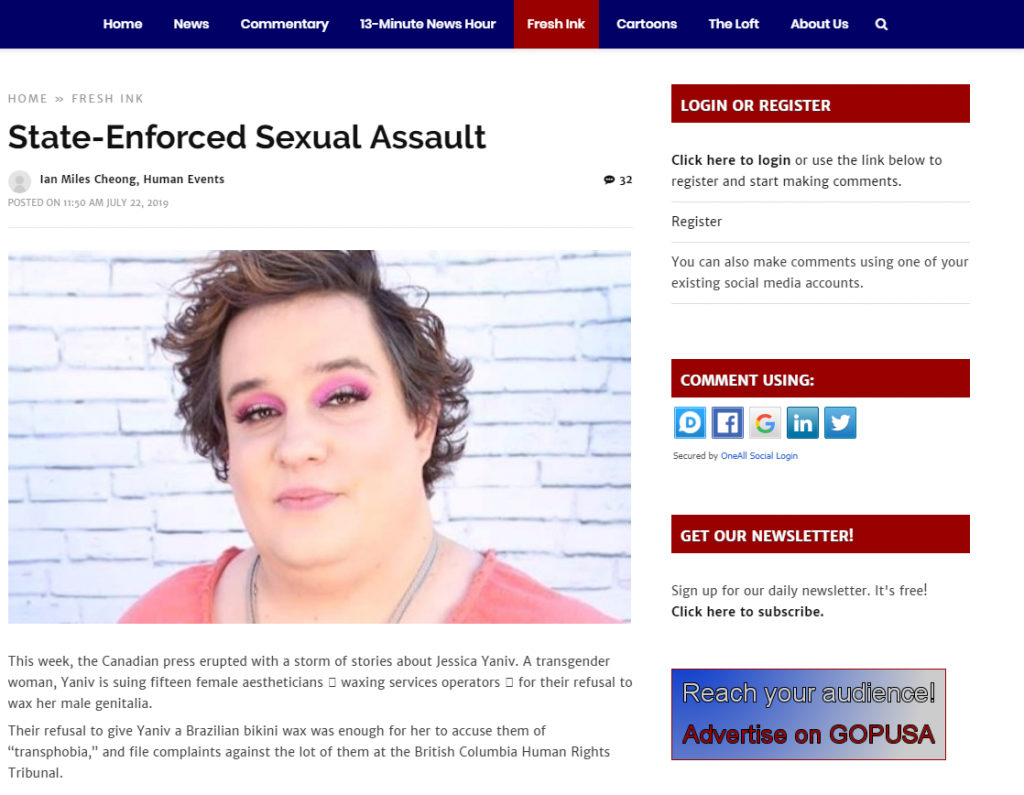
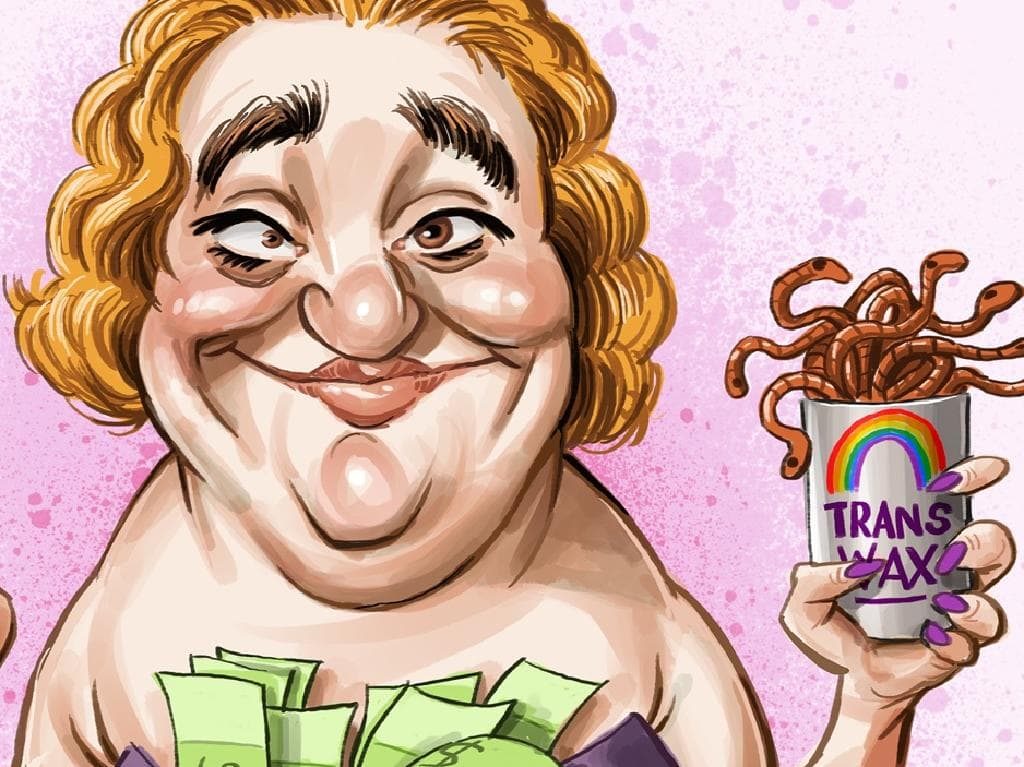
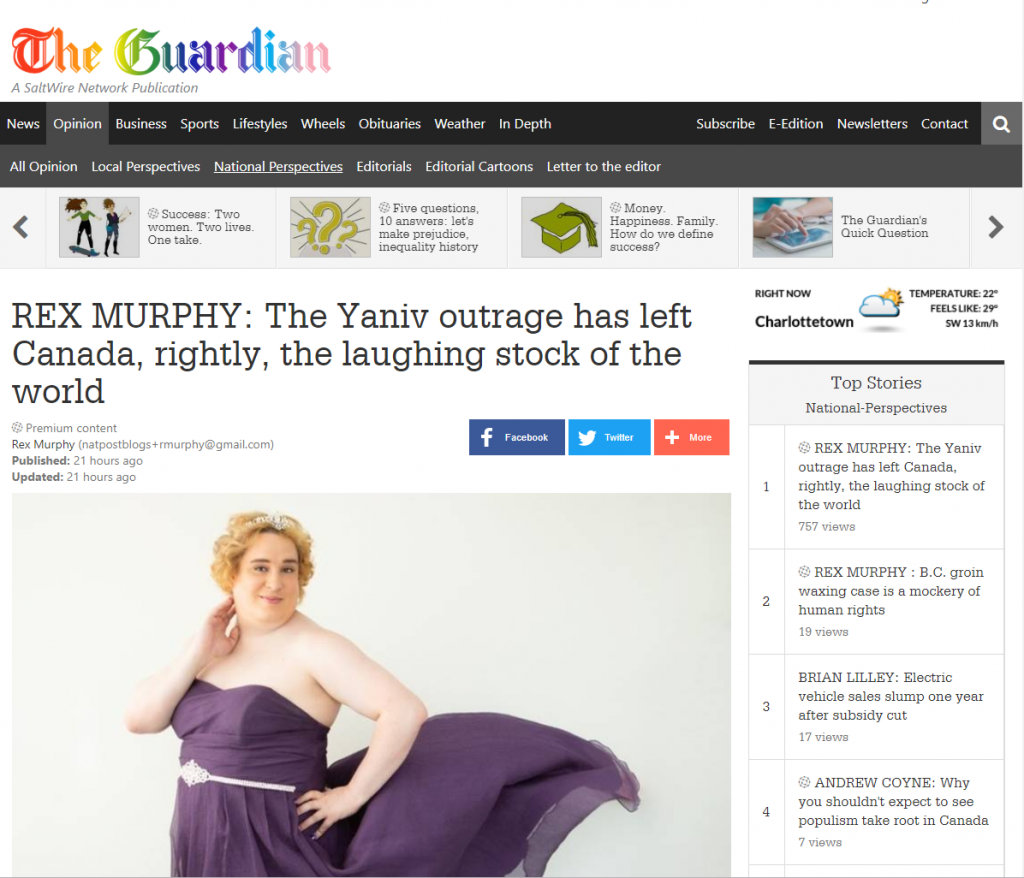
Meanwhile, on YouTube, the top results are all videos lambasting Jessica Yaniv:

On Twitter the hashtag #waxmyballs is trending while a top result being the National Post’s article:

Keep in mind that this onslaught is all directed at a single individual. It’s a lot for any one person to endure. Yaniv has since received death threats in person. All this because she brought a case of discrimination before a tribunal after being denied service over a dozen times. It is a disproportionate response created by the worst impulses of individuals working for news publishers in Canada.
It is reminiscent of the furor a few years ago, where a Toronto family didn’t disclose gender of their child. The Canadian media found out and targeted the young family in a similarly cruel fashion, with the family then making international news, and receiving an overwhelming vitriolic response on social media.
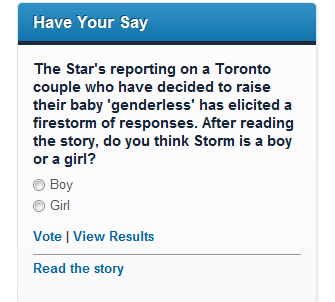
The family with their young children were harassed on the street:
When the Star first covered their decision, public outcry was fast and furious. People delivered angry letters to the family’s door. Drivers slowed to shout “Boy!” from their windows at Storm, as the family was en route to the pool or the library.
News organisations such as The Globe and Mail and National Post aren’t reporting on transphobia, they are active instigators of it. Their actions made the lives of the specific trans individuals they targeted hell.
Their writers show no empathy because gender diverse individuals are stand-ins for trans rights as a whole. The authors use these events as a conduit to communicate their dislike for the increasing acceptance of trans people. But for those queer and trans people whose names are used without their consent, it means having their young child yelled at by strangers on the street. It means receiving death threats on public transit. It means violence.
This has got to stop. It’s not just the authors who are accountable here, but the chain of cis people inside these news organisations who okay’ed their platform targeting these individuals with such vitriol. Who followed on by publishing more such pieces. Their platforms create movements that harass queer and trans people.
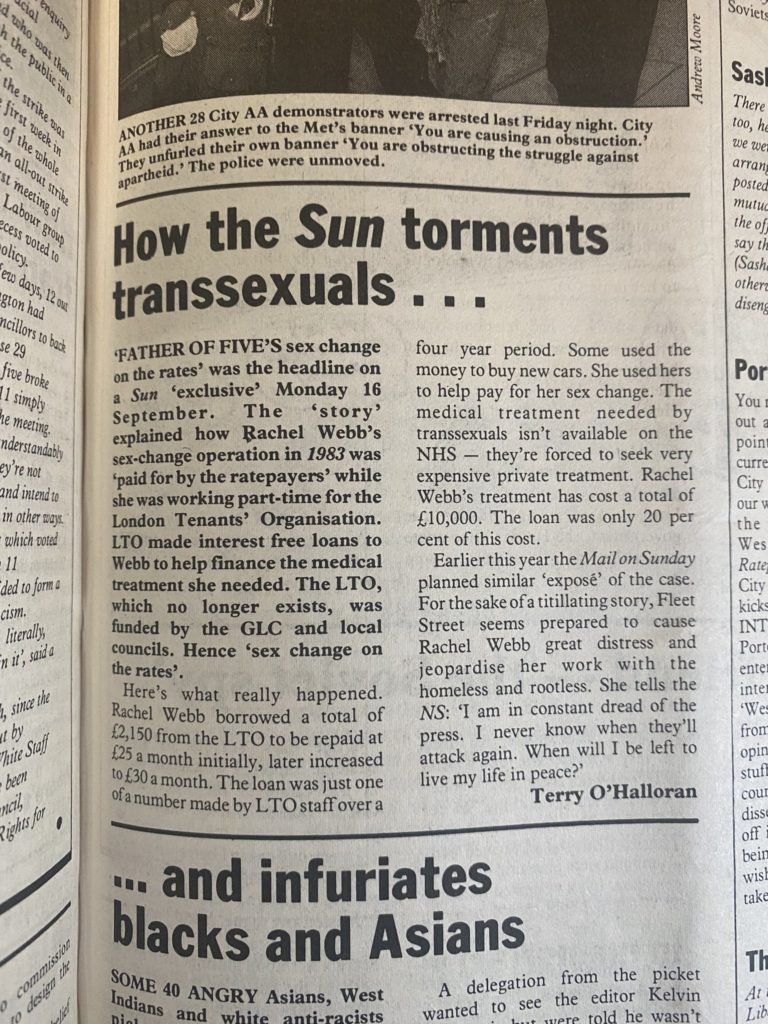
There’s a pattern here. These organisations vilify gender diverse people whose existence or actions challenge norms, no matter how insignificant. How necessary was it for a news organisation in Britain to say that a newborn in Toronto was a “freak” because their gender wasn’t disclosed at birth?
Conversely these same organisations make martyrs of cisgender people who have been publicly challenged by trans people – the Jordan Petersons and Kenneth Zuckermans of the world. Much the same, these individuals are used as proxies to communicate the desire for the world to remain as it was: without cis people opening up spaces to gender diversity.
Companies that produce the Globe and Mail, National Post, and the Sun are generating ad revenue from their writers using this incendiary language. In the current social climate, this transphobia is profitable. But these organisations are culpable for the violence they have fostered, and their role needs to be openly recognized in our discourse. We must stop perceiving news organisation as neutral observers and recognize that society’s prejudice manifest there as it does everywhere.
